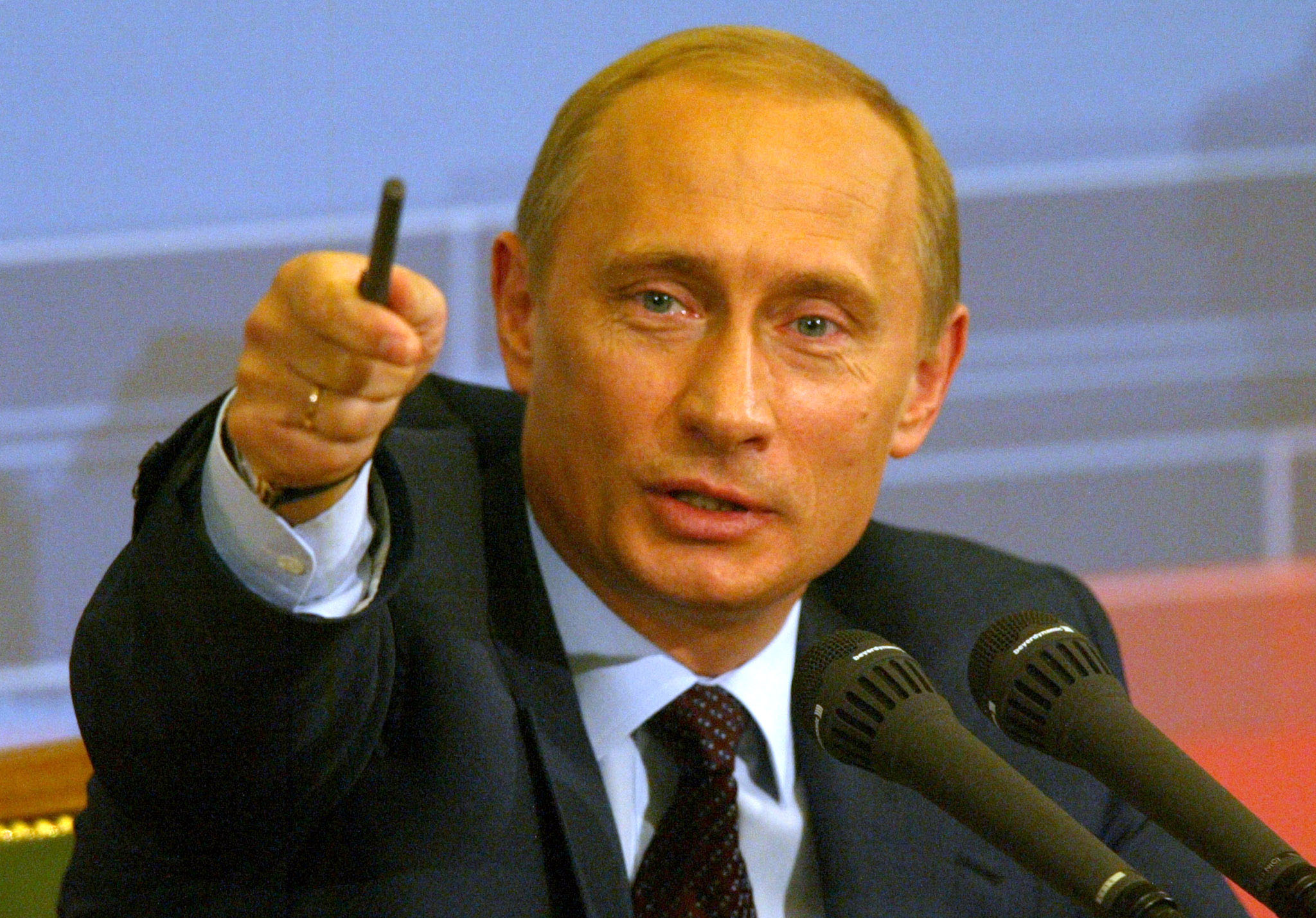by Nick Butler* This week’s meeting of the European Council in Brussels will be a significant test of the EU’s relevance and unity in dealing with the consequences of what is happening in Ukraine. Over the years as indigenous production, especially of gas, has declined Europe has allowed itself to become more and more dependent on Russian supplies
It is important to be realistic. While oil imports can be substituted on the international market, there is no way of replacing Russian gas
in full in the short term. If supplies were cut tomorrow Europe would
turn to Norway and other international suppliers and it would increase
the use of coal. That would cover some but not all of the shortfall.
Prices would rise uncomfortably and rationing would be required. In the
very short term Europe has to rely on the fact that the dependence is
mutual. Russia needs gas revenue – to fund the state and the private
needs of the leadership. A cut-off of supplies is almost inconceivable.
But a reduction in dependence over time is still sensible, economically
and politically, to ensure that Europe can never be held captive. That
should be the focus of this week’s discussion.
What could be done? Here are five practical suggestions.
First, Europe should develop its own gas supplies. Significant volumes of gas remain to be developed in the North Sea
and a tax regime which provides the incentive to produce could add to
production very quickly. The UK, for instance, could embrace a system of
tax reliefs for all exploration activity not just for activity which
succeeds. That works well in Norway, as the advisory firm MHW has shown
convincingly. Then there is shale gas. It would unrealistic to expect
the French to embrace shale gas but almost every other European country
has potential. Exploration is slow, particularly in the UK, but could be
accelerated with clear and simple planning and regulatory procedures.
Norway, as a friendly member of the European Free Trade Area, also holds
extensive gas resources. Beyond that Europe needs additional import
facilities, including new liquefied natural gas terminals which would
open the market to supplies from around the world.
Secondly, the EU should limit Russia’s ability to control strategic supply lines.
The South Stream project – a new line bringing gas through Greece,
Bulgaria and Hungary should be permitted only if there is complete
third-party access – so that gas from central Asia can also use that
route into the European market.
Thirdly, there must be a strengthening of the infrastructure across Europe so that if supplies to any one country are put in jeopardy there are alternative sources and lines of supply. If Europe is a single market there should be a single grid – for gas, and also for electricity. There is no technical barrier to this, just a lack of political will to overcome parochial vested interests.
The fourth step is about energy efficiency – always the Cinderella of energy policy discussions. Europe has made some gains in efficiency but could do much more. Across the EU the variation in efficiency per unit of gross domestic product is still very wide. A quick calculation suggests that bringing everyone up to the top quartile of current performance would save 10 per cent of total energy needs. Governments should incentivise users to make the necessary investments.
The fifth step is more controversial but still practical. The German government, which is at the heart of Europe’s problem of dependence, should make clear that its planned gradual shutdown of old nuclear power stations will be delayed until the EU as a whole has at least halved its current level of dependence on Russia. I believe that if the four steps set out above were followed, the timetable of complete nuclear closure in Germany by 2022 could still be met.
None of the above should be taken to imply that Europe should stop trading with Russia. Russia is an important neighbour and open trade is a good thing, not least because it avoids the risks of Russia becoming more isolated. But trade can never be used to exert pressure. Vladimir Putin has made a serious strategic mistake in thinking that energy exports give him power. They do not.
By creating and maintaining a diversity of supply Europe would show that there was simply no scope for pressure or threats. The relationship would be one of open trade on normal competitive terms.
This approach, rather the empty threat of petty sanctions, is most likely to make the Russians realise what damage they are doing to their own long-term interests.




